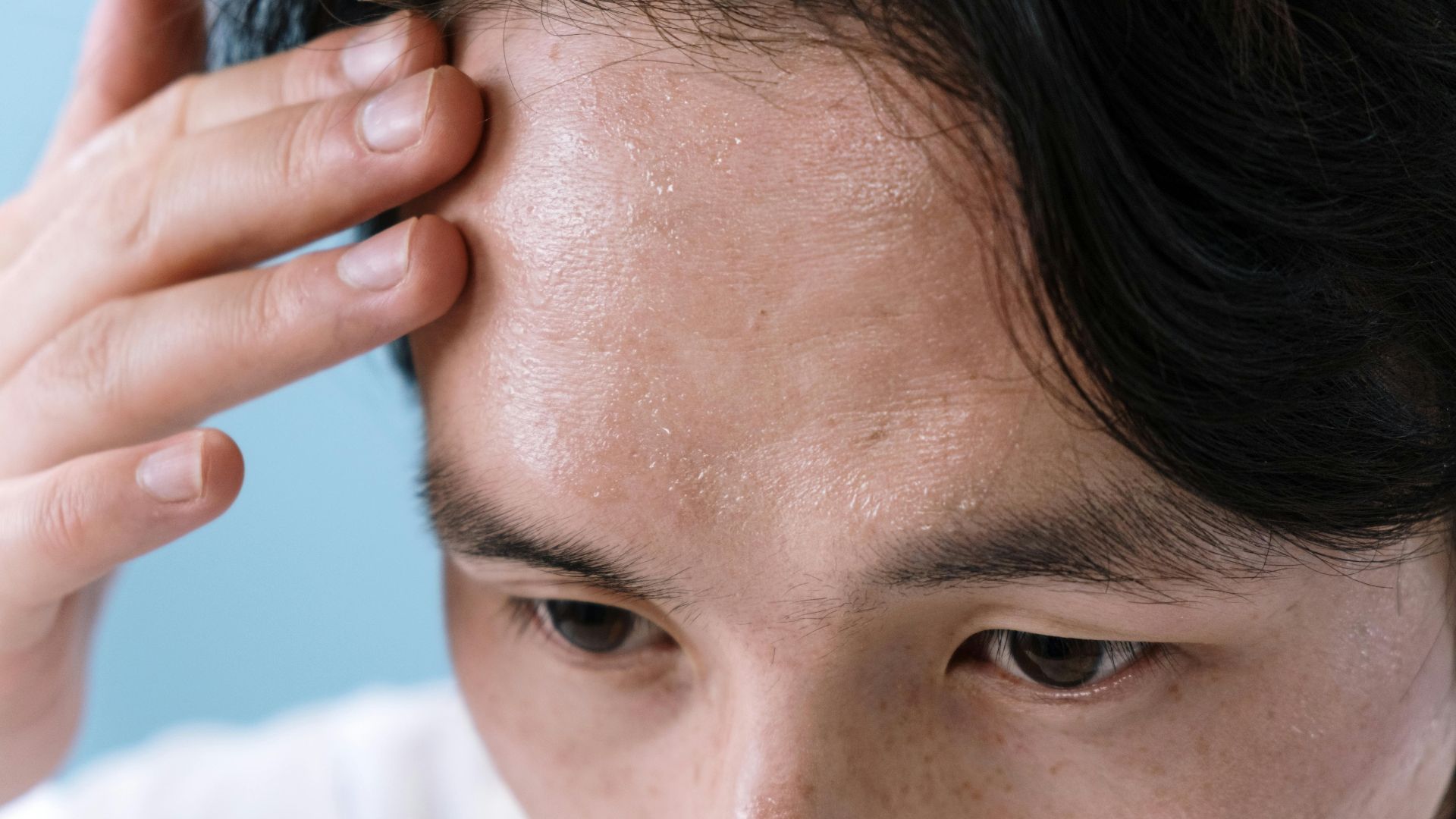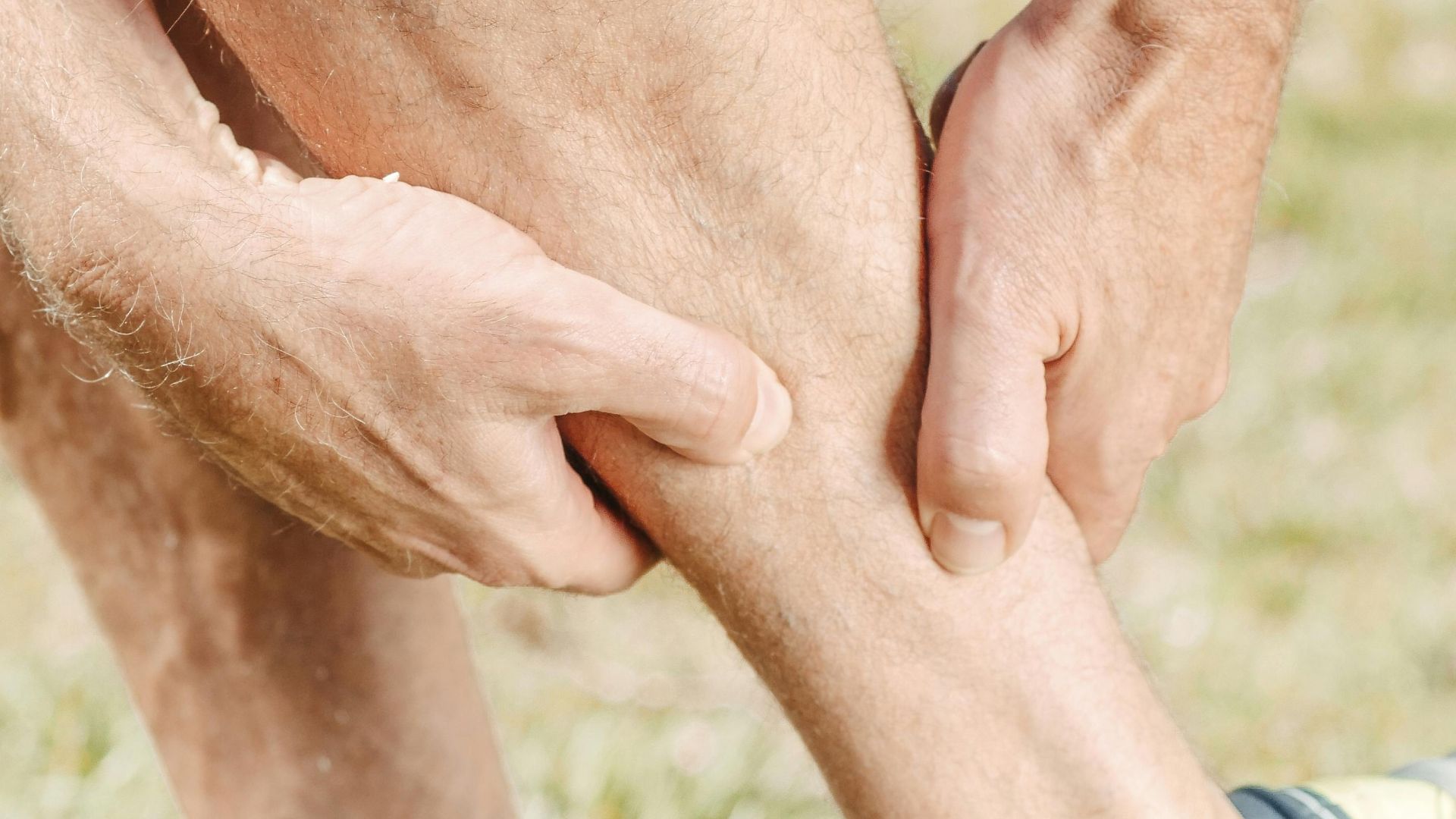Do These Sound Familiar?
Have you ever found yourself stricken by an abrupt and unexplainable sense of fear? Panic attacks can strike suddenly and feel completely overwhelming. One moment, everything seems fine, and the next, your mind and body feel like they’re spiraling out of control. Recognizing the signs is crucial to understanding what’s happening and managing the episodes effectively when they arise. Here’s what to watch for.
1. Heart Racing Out of Control
Suddenly, your heart feels like a drumline pounding out of sync. Without warning or exertion, your heart rate can soar to 150 beats per minute during a panic attack. The sensation feels like a heart attack and can make you question if something is seriously wrong. It's terrifying but temporary.
2. Struggling to Catch Your Breath
Gasping for air? Panic attacks often bring rapid, shallow breathing and make you feel like you're suffocating. Plus, hyperventilation causes dizziness. Remember, controlled breathing helps. Try slowly inhaling through your nose for four seconds, holding for four, and exhaling through your mouth.
3. Feeling Detached From Reality
Sometimes, everything feels dreamlike, or you feel like an outsider observing yourself. This unsettling sensation, called depersonalization, often strikes mid-panic attack. It's your brain's way of coping with overwhelming fear. Though frightening, it doesn't last and won't cause long-term harm.
4. Intense Fear of Losing Control
That sudden wave of dread feels like you don’t have any control over your surroundings. Your brain sounds every alarm, convincing you that danger is just around the corner, even when you’re completely safe. When that happens, always remember one thing: this is just fear talking, not the truth.
5. Sudden Chills or Hot Flashes
If you find yourself sweating buckets or shivering for no reason, that’s adrenaline kicking into high gear. It’s all part of the fight-or-flight response going into overdrive. But those unexpected chills or hot flashes aren’t random; they’re your body’s way of signaling that panic might be taking the wheel.
6. Stomach in Knots and Nausea
When a panic attack hits, the stomach joins the chaos. That queasy, fluttery feeling or outright nausea can leave you convinced something's wrong. Sometimes, it's paired with cramps or a sudden need for the bathroom. Thankfully, as the panic subsides, so will your stomach's rebellion.
7. Muscles Shake or Lock Up
You might notice your hands trembling or your legs wobbling like you’ve just run a marathon. Other times, your jaw or fists might clench so tightly it leaves you sore afterward. To handle it, sit down and try to do some gentle stretches that will help release this pent-up tension.
8. Tunnel Vision or Blurry Sight
Vision imbalances during a panic attack feel like your world suddenly shrinks or goes out of focus. It’s as if you’re looking through a narrow tube, with everything outside the center fading away, or like someone smudged your vision, which makes details hard to grasp.
9. Headaches From the Pressure
The pressure in your head can range from a dull throb to a sharp sensation. This happens because your body raises blood flow and tenses muscles. Combined with shallow breathing or hyperventilation, the result is a pounding headache-like feeling, which is your body's way of reacting to perceived danger.
10. Feeling Trapped or Suffocated
A sense of being trapped, as if walls are closing in, is common during a panic attack. This overwhelming sensation can make you feel like there’s no escape, heightening the fear. Finding an open space or focusing on grounding techniques can help ease this feeling of confinement.


















